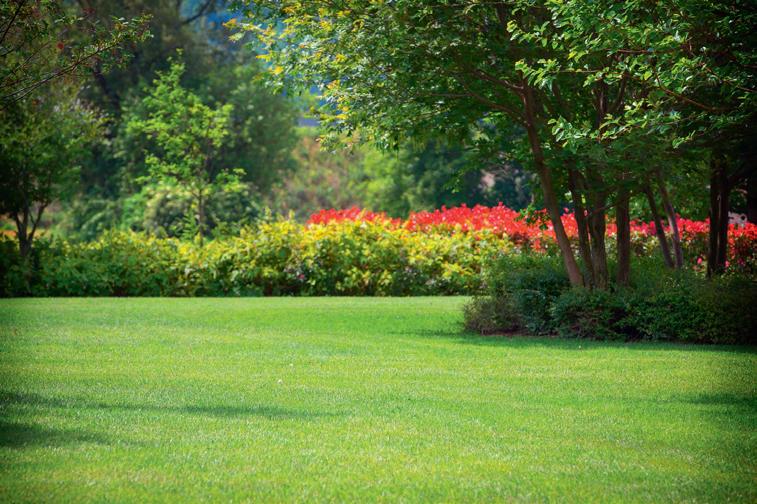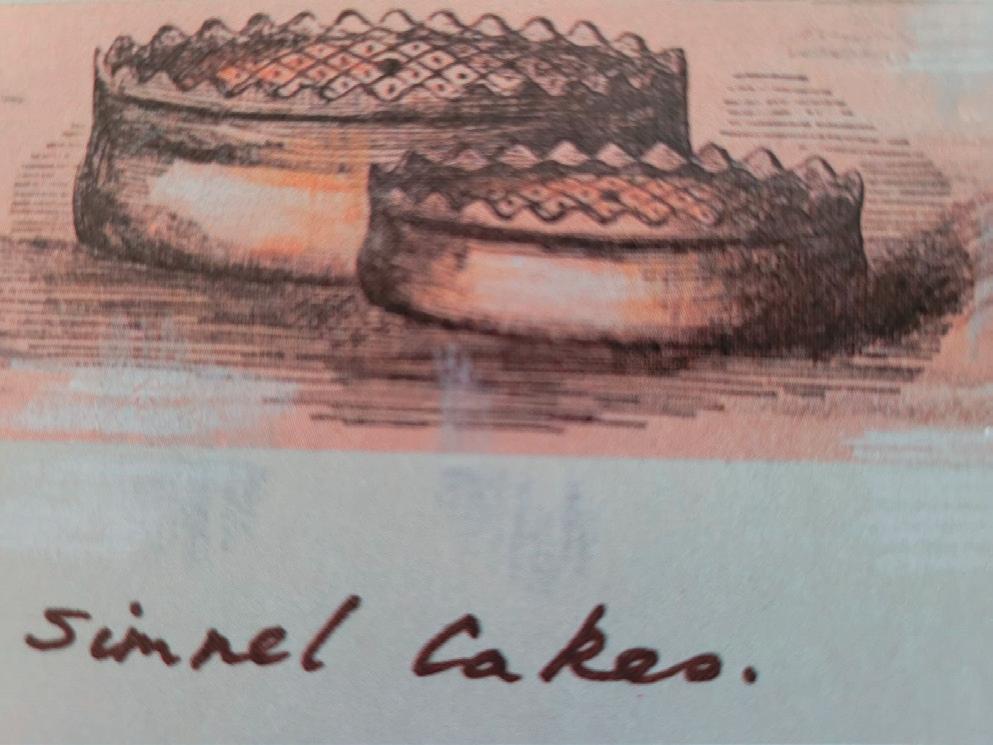
2 minute read
IN FOCUS FELPHAM

The Independent Local Directory of Businesses
Advertisement
Delivered FREE to over 6,000 homes
March 2023

Please mention FELPHAM IN FOCUS when responding to adverts

Dear All,
It’s March and I am so looking forward to seeing swathes of daffodils swaying in the breeze with their sunny disposition and brilliant, yellow vibrancy. I love daffodils. For me they are a sign of regeneration and happiness, flags of sunshine telling us that summer is on its way as well as for me, a very happy childhood memory, picking bunches from the garden on Mothering Sunday. Sometimes it is the simplest things that make us the happiest and in my view you can’t go wrong with a bunch of daffs!
March is also that magical time when everything starts growing like mad and every garden, field, hedgerow and footpath changes every day and, with the clocks going forward on Sunday 26 March, we will have more time and longer days to fit in Spring walks a bit further afield.


Please do send in any article ideas you would like to see in the magazine or if you are a budding photographer please do send in your photos – this is a community magazine and it’s always lovely to share local talent and get your input and feedback.

I look forward to hearing from you,



Best wishes, Kate

Copies of Felpham in Focus are available to collect from Felpham Village Post Office.






‘A-MOTHERING WE GO’ BY KIM
LESLIE
‘From a classic bouquet, to luxury chocolates, bath and body gift sets, sensuous fragrances, maybe even some extravagant jewellery. What better ways to say thank you, Mum.’ Yet another commercial feast, another golden opportunity to cash in on this ancient religious festival. But the roots of Mothering Sunday are found in much more simple, unsophisticated times, going back almost from time beyond memory. In honouring mothers on March 19th we follow a centuries’ old custom.
Like so many of today’s festivals, Mothering Sunday’s origins were embedded in the church’s calendar, a far cry from today’s commercial take-over. It all started as a day of giving thanks for the life of the Virgin Mary, as Mother Mary, the mother of Jesus. This religious day eventually increased its scope from thanking Mother Mary to honouring ‘mother church’, an occasion for families to visit their home church, usually their place of baptism and marriage, an opportunity for family get-togethers. The added bonus was in seeing mother, to show appreciation for all her love and devotion over the years. The day became special, not only in the church’s calendar, but also in the world of work, when labourers, apprentices and servants were given a holiday to return home to pay their respects. As Mothering Sunday, its observance can be traced back at least to the seventeenth century. Sons and daughters engaged in this loving act of duty were said to go a-mothering, taking a precious little gift as a symbolic ritual of their love, perhaps a trinket, maybe some flowers and almost certainly something sweet and tasty – a simnel cake.
As the 17th century poet, Robert Herrick, penned: I’ll to thee a simnel bring/’Gainst thou go a-mothering.

Traditionally, simnel cakes went hand in hand with Mothering Sunday, the offering of an indulgent celebratory treat, rich in butter, eggs and milk, packed with fruit and topped with marzipan. In some parts of the country they were called mothering cakes. Simnel cakes these days are associated with Easter, but this is a much more recent custom.
In England, this very special day is always celebrated on the fourth Sunday in Lent, just three weeks before Easter. As the date of Easter changes every year, so does the date of Mothering Sunday, whereas in America it’s always been called Mother’s Day, the date fixed for the second Sunday each May. Its transatlantic name has crept into English usage, so in the UK it’s more often than not called Mother’s Day, rather than Mothering Sunday, thus stripped of its original religious connotation. And from America also came the custom of sending greetings cards, where the first mass-produced Mother’s Day cards were sold in the 1920s.
Happy Mothering Sunday!
Please mention FELPHAM IN FOCUS when responding to adverts














